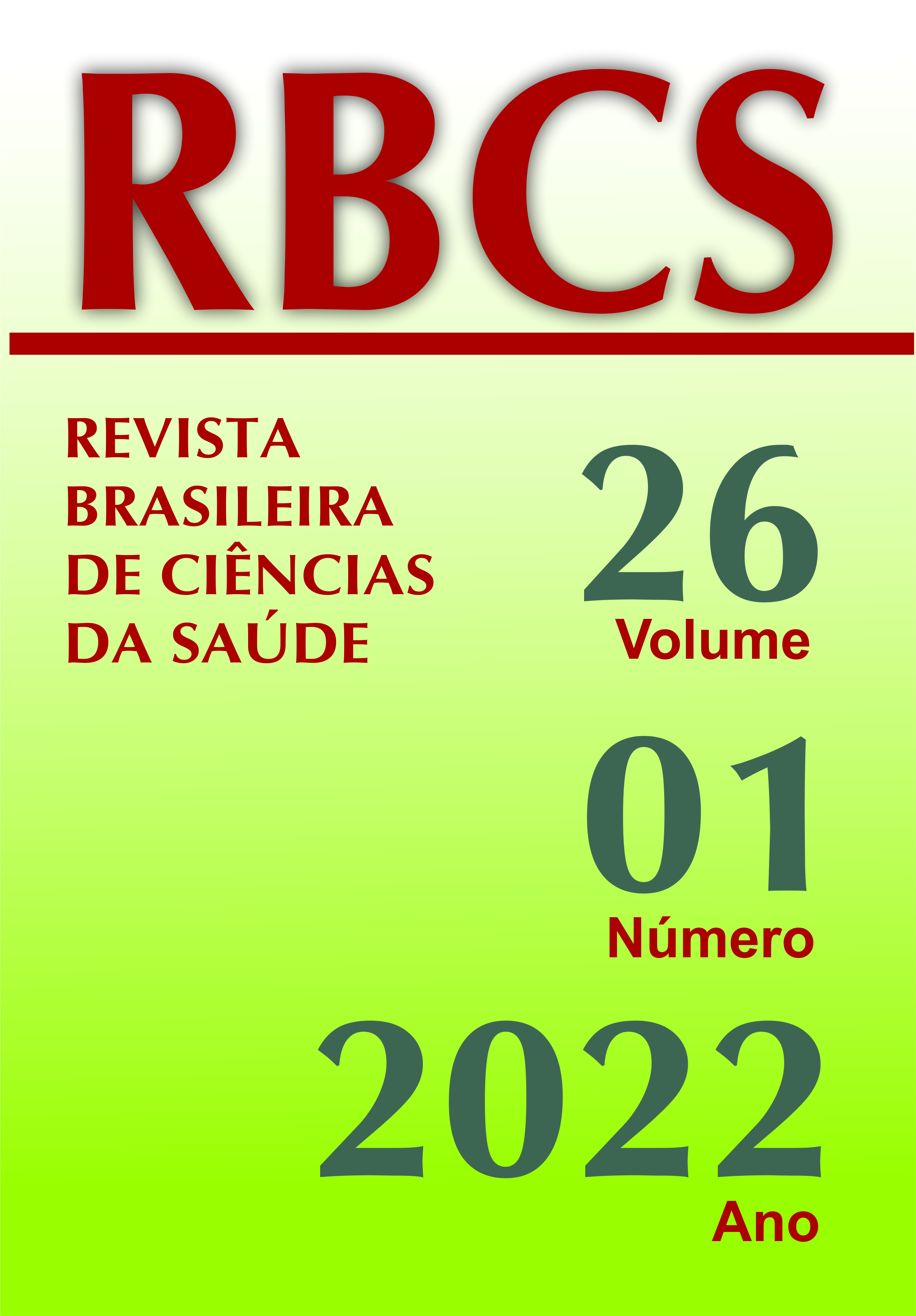“Calçada Amiga”: paths, difficulties and challenges of an experience of social participation in a Family Health Unit in the perspective of health professionals
DOI:
https://doi.org/10.22478/ufpb.2317-6032.2022v26n1.62256Keywords:
Community Participation, Primary Health Care, Public HealthAbstract
Introduction: This article analyzes social participation in Primary Health Care (PHC) from an experience entitled "Calçada Amiga" where actions of dialogue and collaboration are developed to overcome local difficulties, using guided methodological bases in popular education. Objective: This article seeks to list the paths, possibilities and challenges in the development of the "Calçada Amiga" Project, based on the experiences of workers at a Family Health Unit (USF) in the city of João Pessoa-PB-Brazil. Methodology: This is a qualitative, exploratory and descriptive study, using the following methodological steps: semi-structured interviews with professionals from the family health team; as well as bibliographical consultation of a Residency Conclusion Work about the project. The analysis of the interviews was based on the content analysis method. Result: The experience revealed the need for the deconstruction of historical paradigms of verticalization of the health care process by health workers. Furthermore, it highlighted the limits found by the workers for their greater involvement in the action, and also pointed out tensions and contradictions in their relationship with community actors. Conclusion: However, the study indicated that experiences like this contribute to the delineation of paths for popular participation in Primary Health Care, and are promising as formulators of educational and social processes that promote the empowerment of the population in their relationship with health and with health services.


